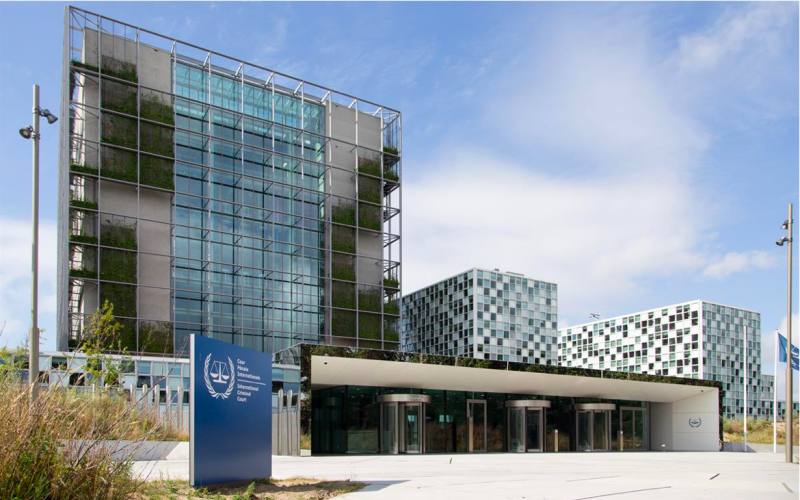New hopes for justice in Libya?

For those who have been watching the ICC do close to nothing in Libya over the past decade, this is a welcome change. The ICC has been investigating crimes committed in Libya since 2011 when the situation was referred to the Court by the UN Security Council. Prior to the Prosecutor’s announcement, the Court had issued public arrest warrants against five suspects. Of these, only one remained active – that against Saif al-Islam Gaddafi who is yet to be transferred to the Court. The other cases were terminated following the death of the suspects or ruled inadmissible. Only one case was related to crimes committed in the post-2011 period of conflict in Libya, despite an abundance of evidence for crimes committed since 2011 and continuing to this day.
Whoever the ICC’s Office of the Prosecutor hopes to prosecute before the Court, it is of foremost importance that the process be meaningful for victims. The Court needs to fully implement victims’ rights under the Rome Statute, including by properly informing them about the work of the Court and ensuring they can actively and safely participate in potential future proceedings and claim reparation, should they wish to do so.
The Court cannot do this without the support of Libyan civil society. Yet, Libyan civil society organisations are facing an unprecedented crackdown through draconian regulations and reprisals that the ICC Prosecutor has so far failed to publicly highlight. This silence is ever more deafening as those threatening the very existence of civil society in Libya are often the same actors who might be responsible for crimes that fall under the jurisdiction of the Court.
The efforts of Libyan authorities to suffocate civil society, including organisations at the forefront of documentation and accountability, also calls into question the authorities’ ability and willingness to support any genuine accountability process. So does the fact that Saif al-Islam Gaddafi is still able to run for election in Libya, instead of being arrested and transferred to The Hague. This is at odds with the Prosecutor’s emphasis on cooperation with Libyan authorities – a cornerstone of his strategy to achieve justice in Libya.
It also remains unclear what the ICC is doing to address crimes committed against migrants and refugees, which have been repeatedly assessed as likely amounting to crimes against humanity and possibly war crimes. The Court’s ongoing cooperation with third countries to tackle these crimes largely as a matter of trafficking and organised crime, is not enough to hold the most responsible to account and does not reflect the severity of the situation. Reliance on European states’ cooperation also ignores their alleged complicity in these very crimes.
While it looks like things are finally moving at the ICC regarding Libya, to ensure that hopes are not crushed yet again, states need to make all possible efforts to support the Court and implement new and existing arrest warrants. The Court will also need to critically assess its partnerships and dare to go after the most responsible for crimes committed in Libya. Above all, for a meaningful justice process, civil society needs to be protected and promoted, and victims truly be put at the centre.
